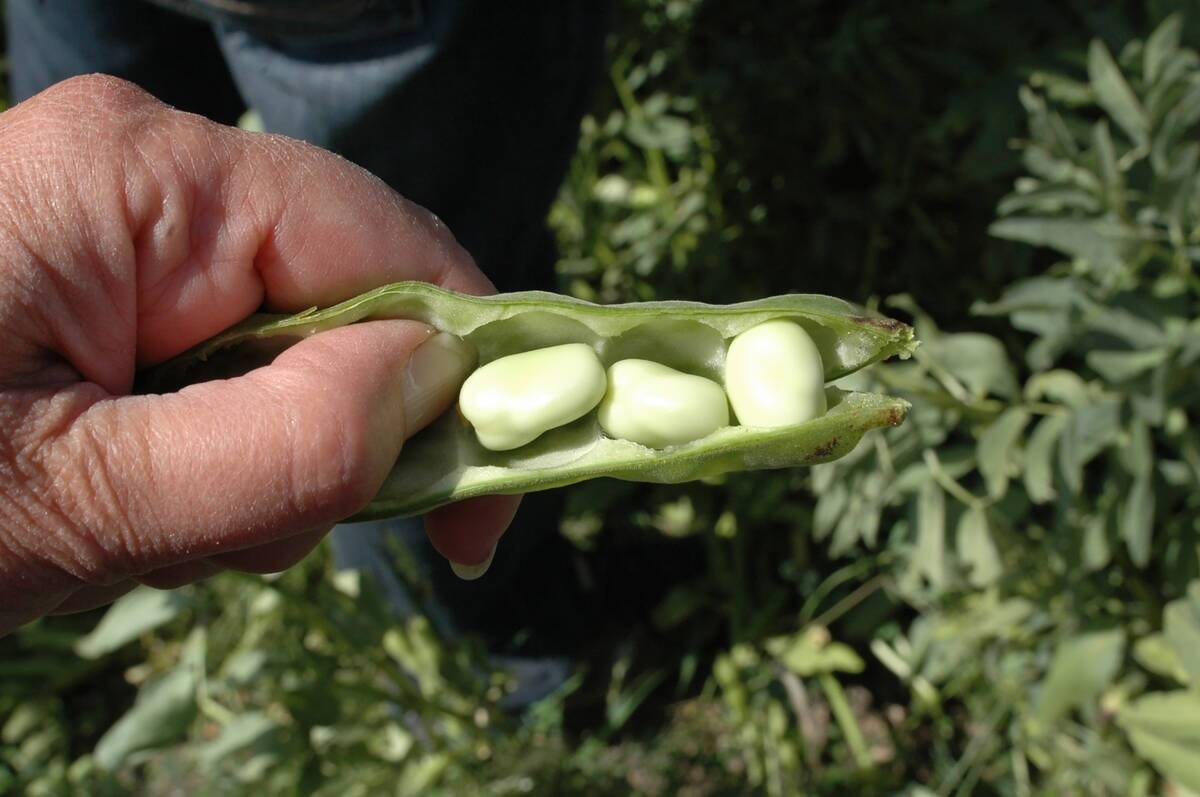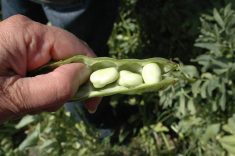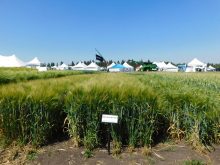Canada’s biggest grain handler is now set to predict what it will gain from the closing of the Canadian Wheat Board’s single marketing desk.
Viterra says it expects its earnings before interest, taxes, depreciation and amortization (EBITDA) to rise by between $40 million and $50 million per year in fiscal 2014 and beyond as a result of the end of the single desk.
With forward-contracting of Prairie wheat, durum and barley already underway for direct deliveries pending formal deregulation on August 1, Calgary-based Viterra says it expects to begin “realizing modest benefits” in its fourth quarter of 2012, with “more significant impacts” in fiscal 2013.
Read Also

New crop insurer policy enables easier startup for faba beans
Agriculture Financial Services Corporation updated its normals for faba beans, which may open the door for more Canadian producers to feel comfortable growing the pulse crop in the future.
Following the passage of the federal government’s Bill C-18 last month, Viterra became the first grain company to offer bids to buy wheat, barley and durum directly from Prairie growers.
“Additional volumes” at the company’s primary grain elevators and port terminals are expected to generate higher revenue from its fixed-cost facilities, and to earn “additional merchandising margins,” the company says.
Its additional grain purchases from farmers as a result of open wheat, durum and barley marketing is expected to require $150 million to $200 million of “incremental working capital,” Viterra says.
Given its existing assets, staff and global marketing network, Viterra says it “does not expect to incur any additional growth capital expenditures” to achieve the expected earnings benefit.
“With the ability to purchase all grades of wheat, barley and durum directly from growers, the company expects to increase its earnings by attracting additional volumes and optimizing its operational efficiencies,” Viterra says.
“With the new marketing freedom in Canada, Viterra’s international network will benefit growers as it provides them access to additional global markets,” says company CEO Mayo Schmidt. †














